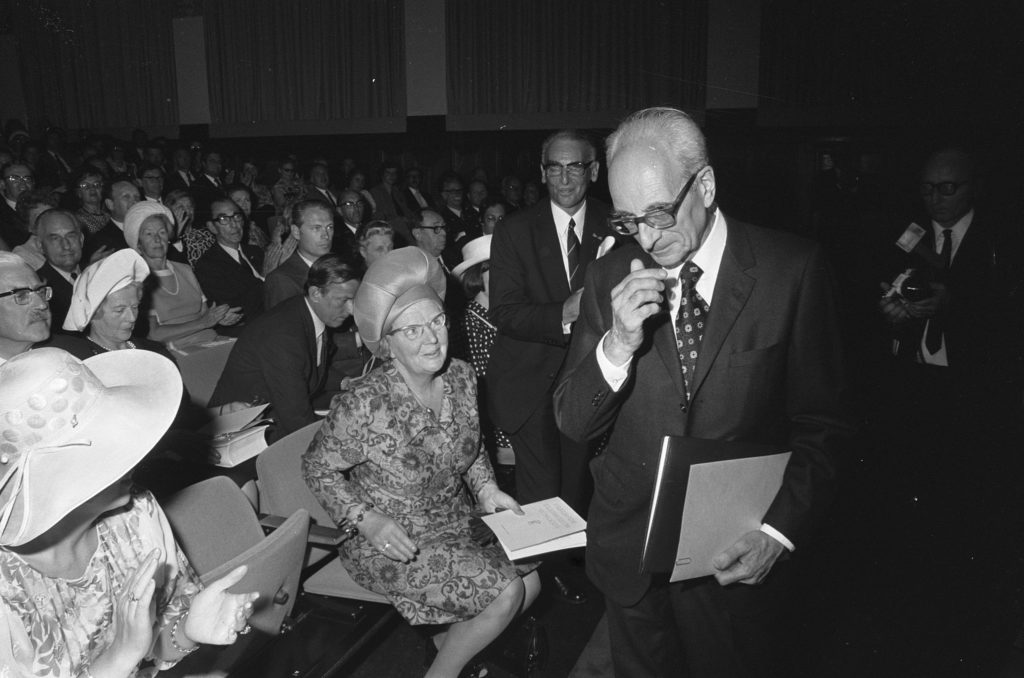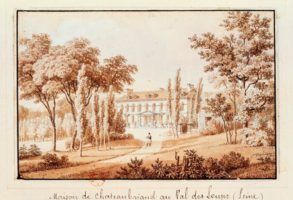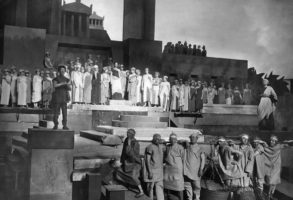
Published September 15, 2021
The New Atlantis - Summer 2021 issue
Claude Lévi-Strauss (1908–2009) was the foremost anthropologist of the twentieth century, and one of its most renowned intellectuals of any persuasion. Common readers, if they know him at all, tend to do so only by Tristes Tropiques (French for “Sad Tropics”), his 1955 memoir of his fieldwork among Brazilian tribes and his travels as an academic junketeer in other alien enclaves. That book is salted with animadversions on the spread of the “monoculture” of the West doing its worst to refashion the world in its unhandsome image.
When he retails for a popular audience his experiences among the Caduveo, Bororo, and Nambikwara Indians, his observations are exceedingly sharp, shrewd, and empathetic. Yet although Tropiques recounts at length his own travels and explorations, its famous first sentence, “I hate travelling and explorers,” is not a lie or even a gross exaggeration. He was happiest in the seclusion of his study, and the works that made his formidable reputation among social scientists were books conceived of other books. When he writes for this scholarly audience, laying out his trademark “structuralist” interpretation of primitive kinship relations and myths, his findings show little real life behind them. The work that made him academically famous, and that he spent most of his career writing, shows no true connection with the peoples whose ways of life he is purportedly discussing.
Yet the warm humanity and the mandarin abstraction are opposite faces of the same lifelong purpose: to demonstrate the equality of primitive societies with high civilization, using the most rarefied products of the latter. Lévi-Strauss was a cultural relativist through and through, and the structural anthropology that was his invention proposed that human minds display the same basic structure everywhere, and that a Bororo myth about the origin of water represents a feat of mind no less worthy of respect and awe than Newton’s Principia. His compassion not only for the primitive but for all living things strangely induced intellectual austerity of the most exacting order. He needed to prove somehow that all human beings are ultimately the same, and abstruse theorizing would tolerate a greater load of such unlikelihood than common sense does.
Click here to read the rest of this essay at the New Atlantis‘s website.
Algis Valiunas is a New Atlantis contributing editor and a fellow at the Ethics and Public Policy Center.
Algis Valiunas is a Fellow at the Ethics and Public Policy Center and a contributing editor to The New Atlantis, a journal about the ethical, political, and social implications of modern science technology.








